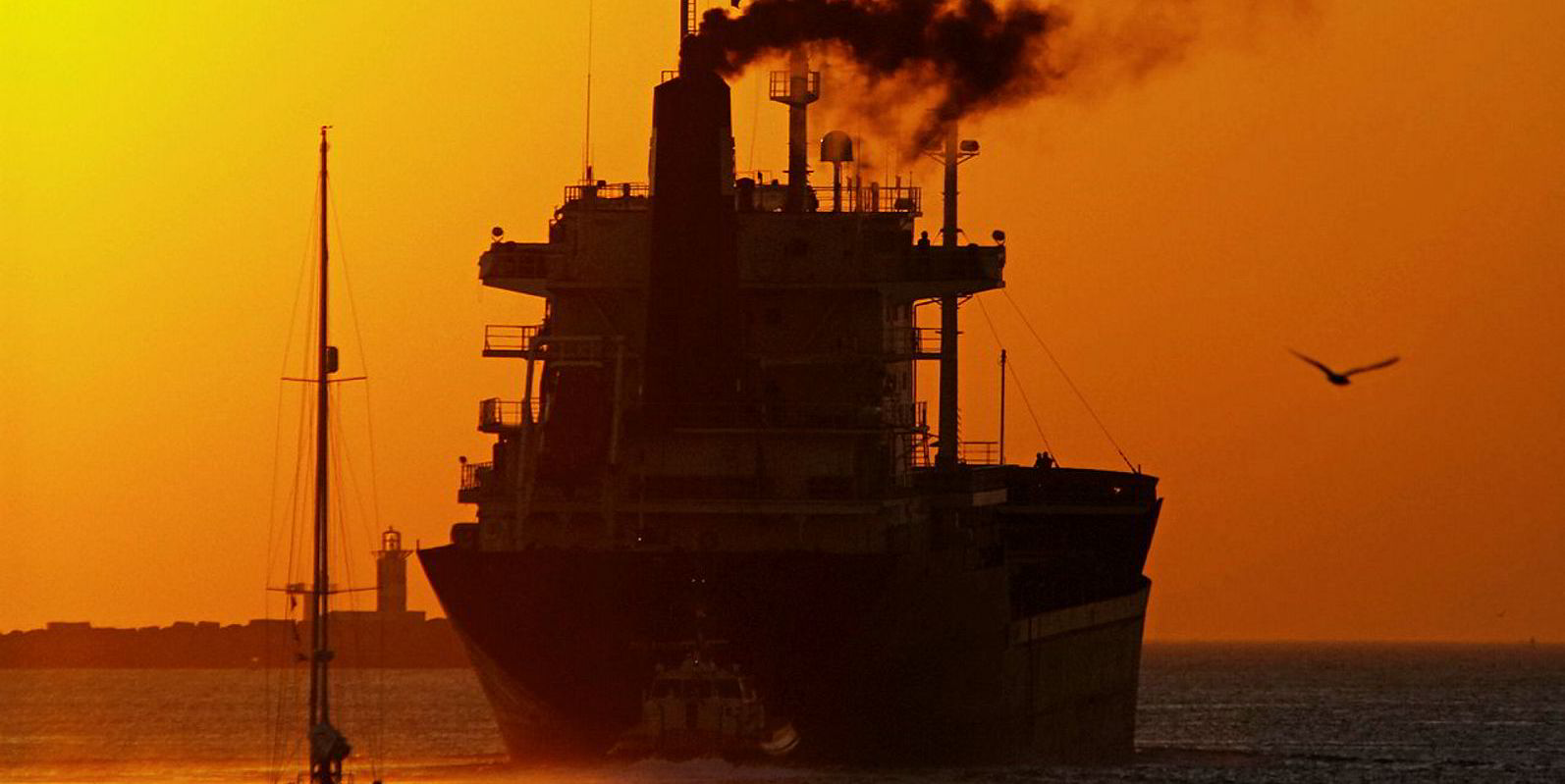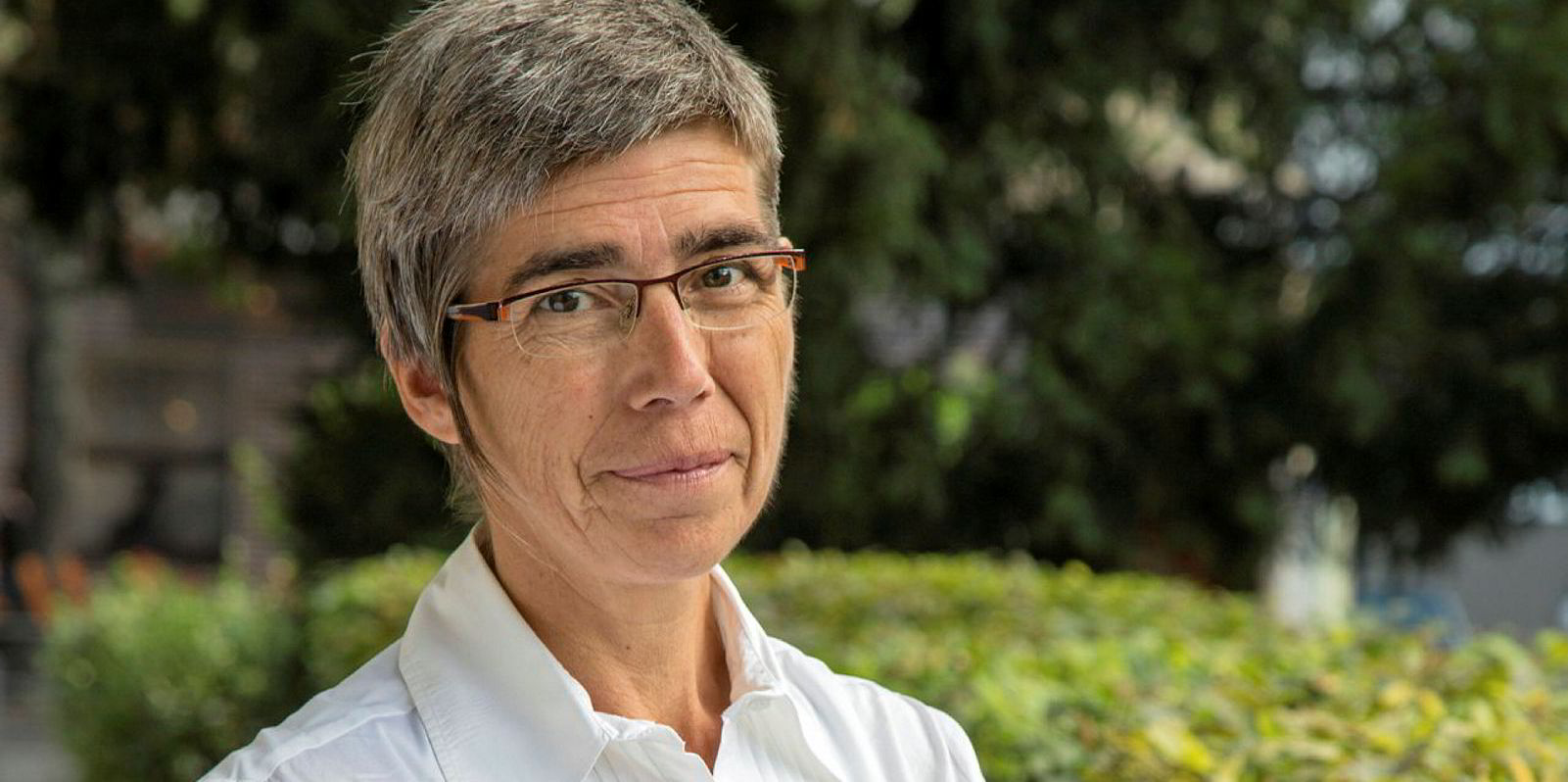Shipping’s greenhouse gas emissions are to be included in the European Union’s Emissions Trading System (ETS) after the European Parliament voted to support a proposal agreed in July.
The EU voted on Tuesday to expand its carbon market to include emissions from voyages made within the bloc, along with those in international waters that start or finish in an EU port.
Under this scheme, shipowners and operators would need to buy EU carbon permits to cover emissions emanating from these voyages.
The EU parliament will approve its position on this with another vote on Wednesday.
'Big win'
Member of the European Parliament Jutta Paulus, who has been pushing to include maritime in the ETS as a leading negotiator, described the vote as a "big win".
Shipping’s CO2 emissions are to be included in the ETS as the EU proposes a binding target in line with the IMO’s ambition to cut levels by 40% by 2030.
The proposal to revise the EU system for monitoring, reporting and verifying CO2 emissions from maritime transport and to include its emissions in the EU’s ETS was agreed in July.
This voted to include ships of 5,000 gt and above in the ETS — the world’s first greenhouse gas trading scheme.
It also introduced binding requirements for shipping companies to reduce their annual average CO2 emissions per transport work, for all their ships, by at least 40% by 2030.
The committee also called for the setting up of an Ocean Fund, to be funded by revenues from auctioning allowances under the ETS, to function during the 2023 to 2030 period.
The fund’s cash would be used to improve the energy efficiency of vessels and to support investment in efforts to decarbonise the maritime transport sector.
Maritime transport remains the only sector with no specific EU commitments to reduce greenhouse gas emissions.
First responder
Responding to today's vote, German Shipowners' Association chief executive Ralf Nagel said many decisive aspects and details are still too vague to comment on.
But he said: "It is already obvious that it would be a wrong incentive by a regional measure to deprive international shipping companies of funds they would otherwise invest in more modern, more efficient and thus more climate-friendly ships."
Nagel said shipping is already working on its climate neutral ambitions but with the introduction of new and climate-neutral fuels, this cannot be fully realised.
"We as an industry want to contribute to this endeavour with a $5bn fund completely funded by the industry itself.
“We are a global industry and, therefore, advocate a global solution for CO2 mitigation in shipping," Nagel said.
"The member states of the EU should, therefore, concentrate their work on defining a global framework and regulation for shipping within the IMO, in order to support shipping in its efforts to become climate neutral."






